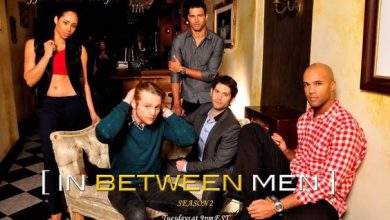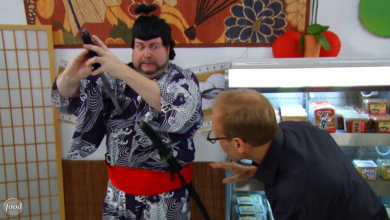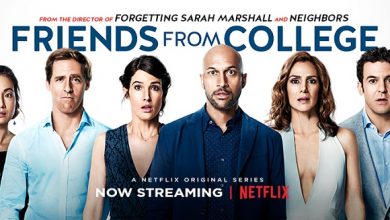“Sierra Burgess is a Loser” also has Problematic Asian Representation
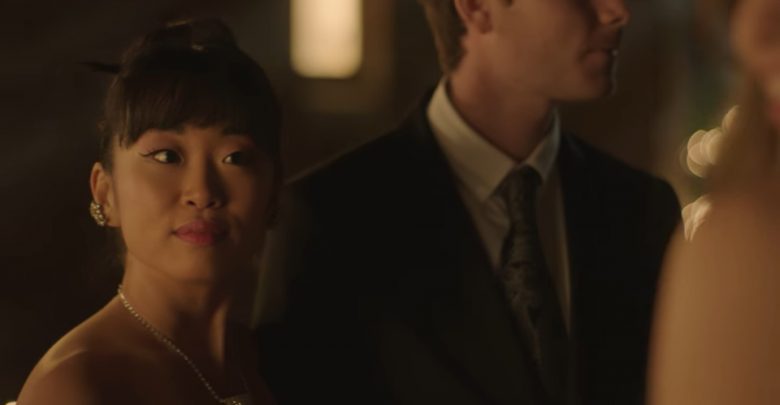
Netflix’s high school rom-com Sierra Burgess is a Loser has been criticized for many things: its catfishing plot, the fact that its heroine gets away with cyberbullying and pretending to be deaf, and its casual reliance on anti-LGBT humor. The movie’s racialized moral hierarchy, however, is less commonly seen as an issue. Given its plot (an overweight high-school girl with self-esteem issues learns to love herself and be loved), one would certainly expect its leading white characters (Sierra, Jamey, and Veronica) to be privileged with screen time and character development. The problem lies in how the supporting African-American and Asian-American characters are neatly divided across moral lines.
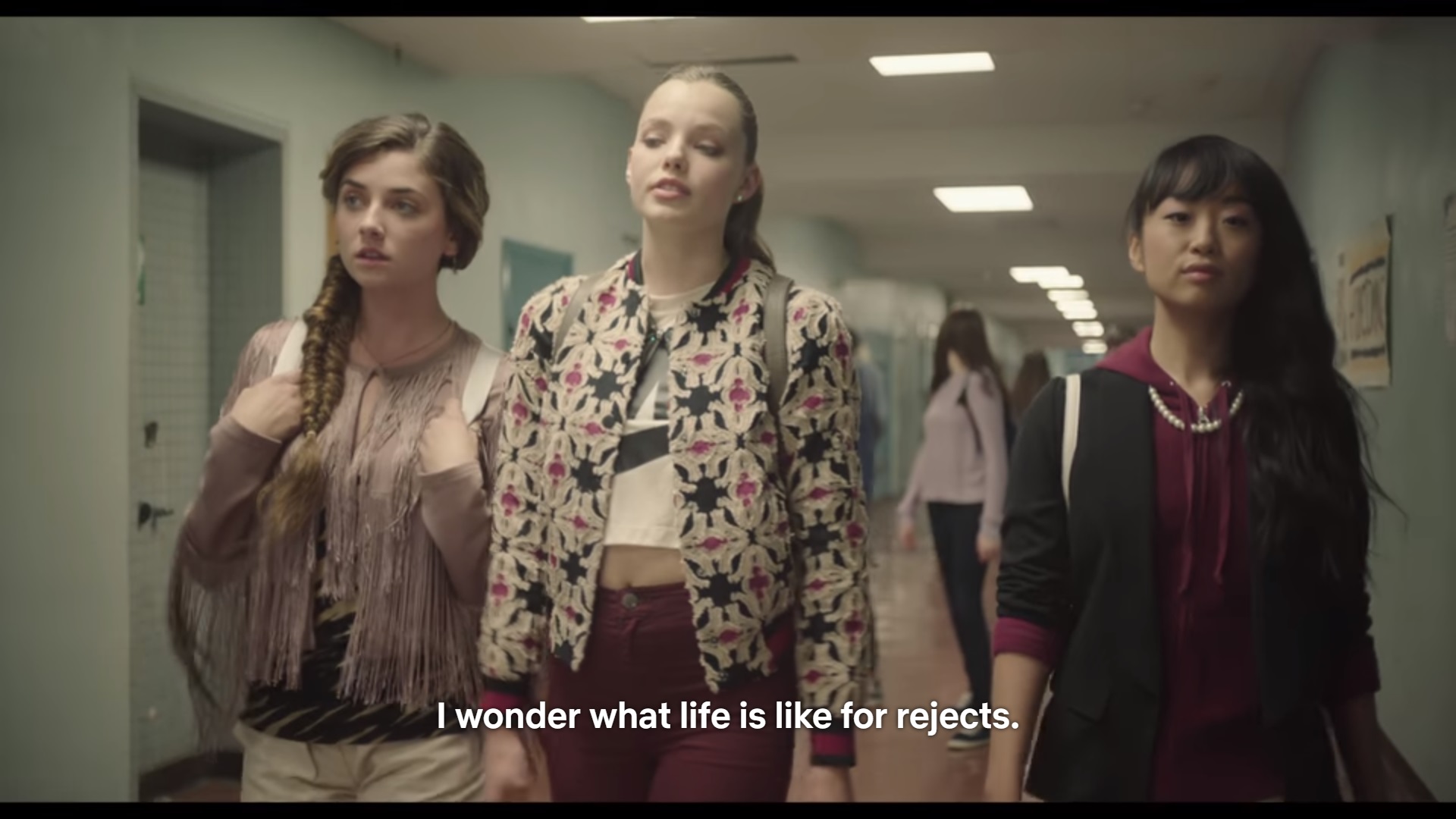
Alice Lee plays Mackenzie, the most prominent Asian-American character in the film and the only East Asian character. Like head cheerleader Veronica, she is depicted as being vain, mean, and mainly concerned with maintaining her place at the top of the school’s social hierarchy. While Veronica is eventually accorded more complexity (her obsession with her looks and popularity is attributed to her mother’s insecurities) and character development (the catfishing ploy brings her closer to Sierra), Mackenzie is a decidedly flat character.

Mackenzie parrots Veronica’s dictum back to her when she begins to befriend Sierra: “If you wanna commit social suicide, fine, but Sierra Burgess is a loser. Remember? Only losers hang out with losers”.
When Time Magazine writer Stephanie Zacharek observed that the movie works “a little too hard to vilify certain secondary characters”, she is certainly referring to Mackenzie. When confronted about the show’s transphobic comments on Twitter, writer Lindsey Beer apologized quickly. She explained that Mackenzie’s suggestion that Sierra use her “super topical trans experience” as inspiration for her poetry assignment meant to serve as an indication of her irredeemably “horrible personality” instead of an insult to the trans community:
“It was not supposed to at all be a joke at the expense of the trans community. The line was supposed to vilify the mean girl, and be the opposite – the example of something only a horrendous human would think or say. I feel so God awful that I have ruined your day. Please know that you are valued, and lovable, and perfect as you are, and only someone as dumb and heartless as the mean girl I depicted would ever say something at your expense.”
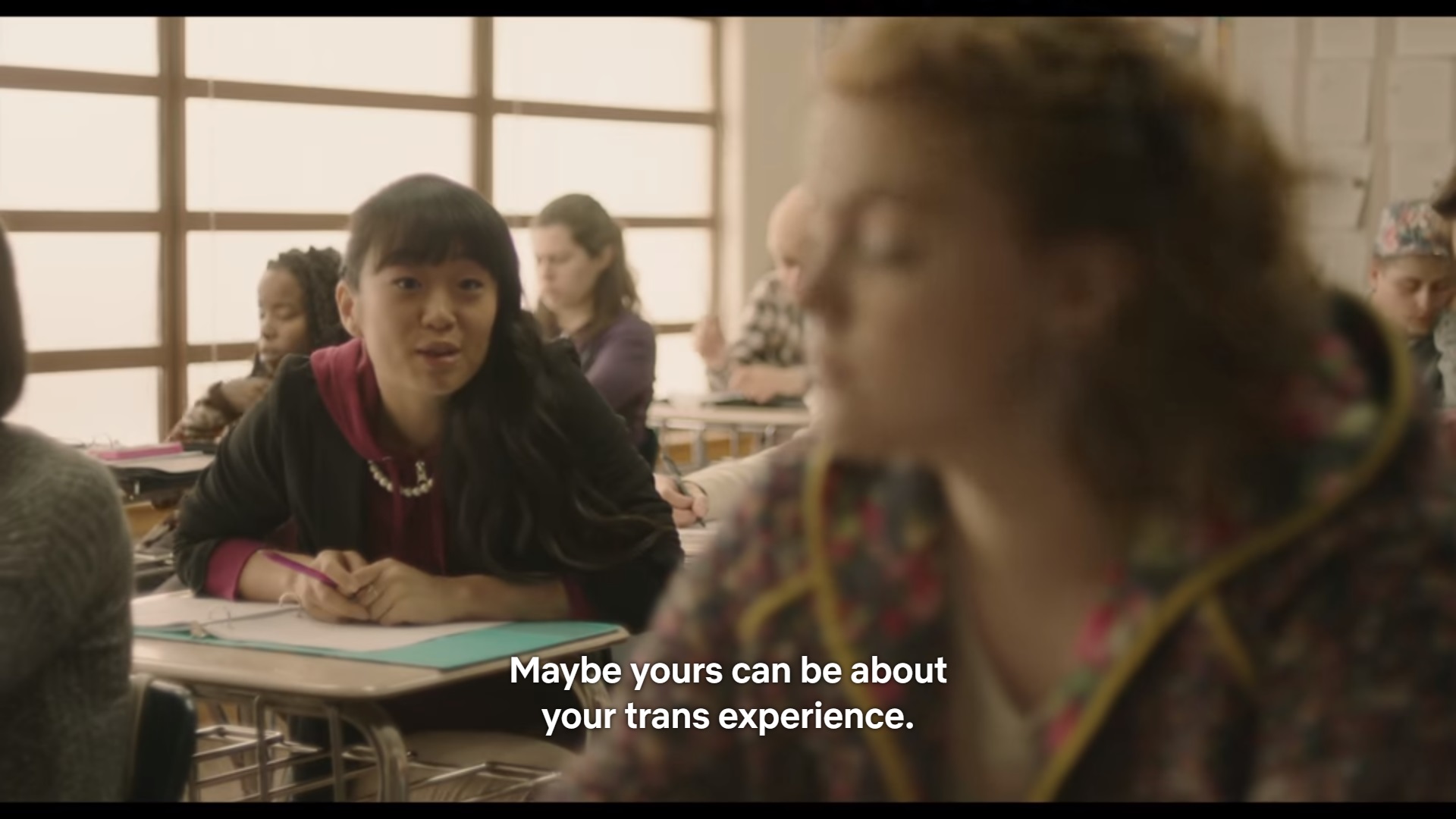
Given that Mackenzie is a Scottish name which is practically unheard of within the Asian American community, it is possible that Beer did not write her as an Asian character. Lee’s casting nevertheless creates a stark contrast between the movie’s Asian and African-American representation (no Hispanic characters are present). While Mackenzie is morally bankrupt, Sierra’s best friend Dan, her English teacher Mrs. Thomson, and her classmate Brandy each serve as a moral compass that provides guidance, advice and poetic inspiration to help Sierra redeem herself, find love, and discover her true potential as a budding artist. After hearing Mackenzie’s insensitive remark, Mrs. Thomson immediately censures her for it: “And you can write about your horrible personality.” The movie then maintains this contrast between black moral virtue and Asian moral deficiency.
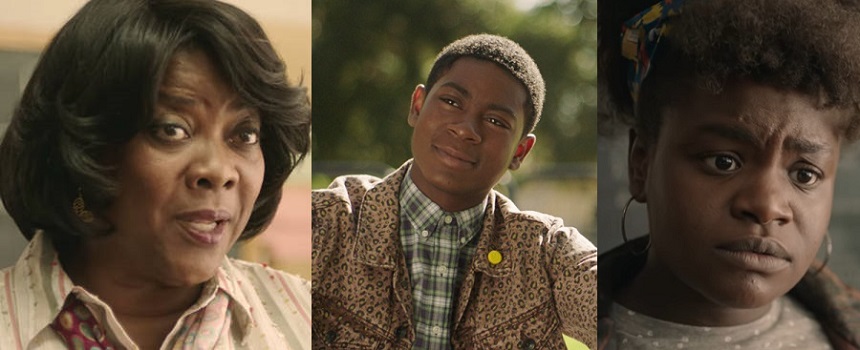
Supportive English teacher, loyal best friend, budding poet – the show’s African-American characters are voices of reason and compassion.
This racialized moral dichotomy is the film’s main problem with regard to Asian-American representation, but it is not the only one. Once again, East Asian men are noticeably excised from the narrative altogether – leaving the East Asian female character to be paired with a white character.

The only (presumably) male Asian character in the movie is Jamey’s friend Rishi (Mario Revolori). Revolori is actually Guatemalan-American, but his character’s name hints at Indian ancestry. Rishi’s only role in the film is to provide some comic relief and to indicate that Jamey is not status-obsessed. Despite being the popular quarterback, he is happy to befriend those at the bottom of his school’s social hierarchy.
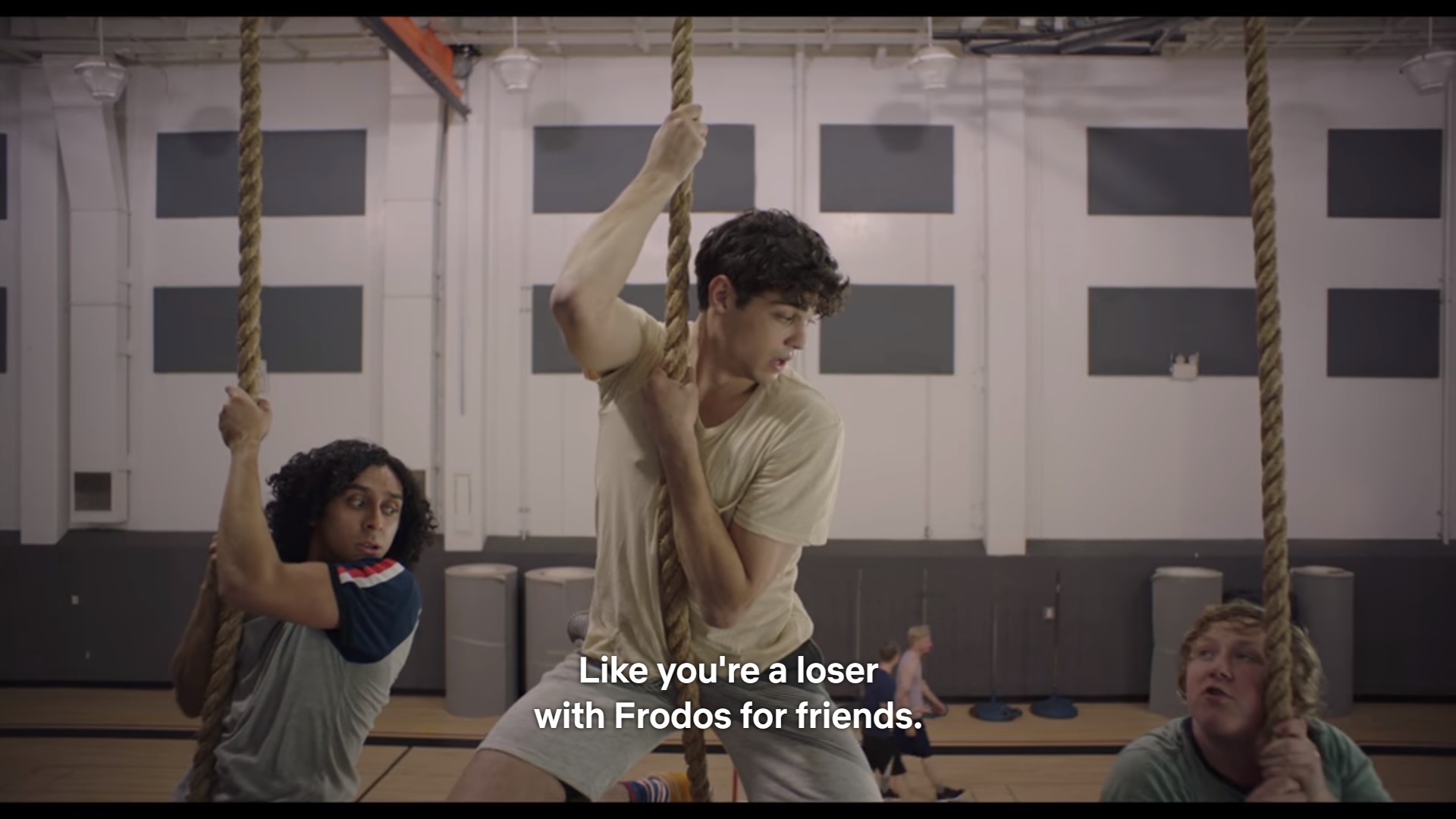
As of July 2018, Netflix has phased out user-submitted reviews. You can voice your concerns by contacting them on Twitter (@netflix), calling them at 800-852-6334, or by submitting a user review on Metacritic.
-
OFFENDER: Netflix
CATEGORY OF OFFENSE: Denigration ( Insulting to Asians)
MEDIA TYPE: Movie
OFFENSE DATE: September 1, 2019

